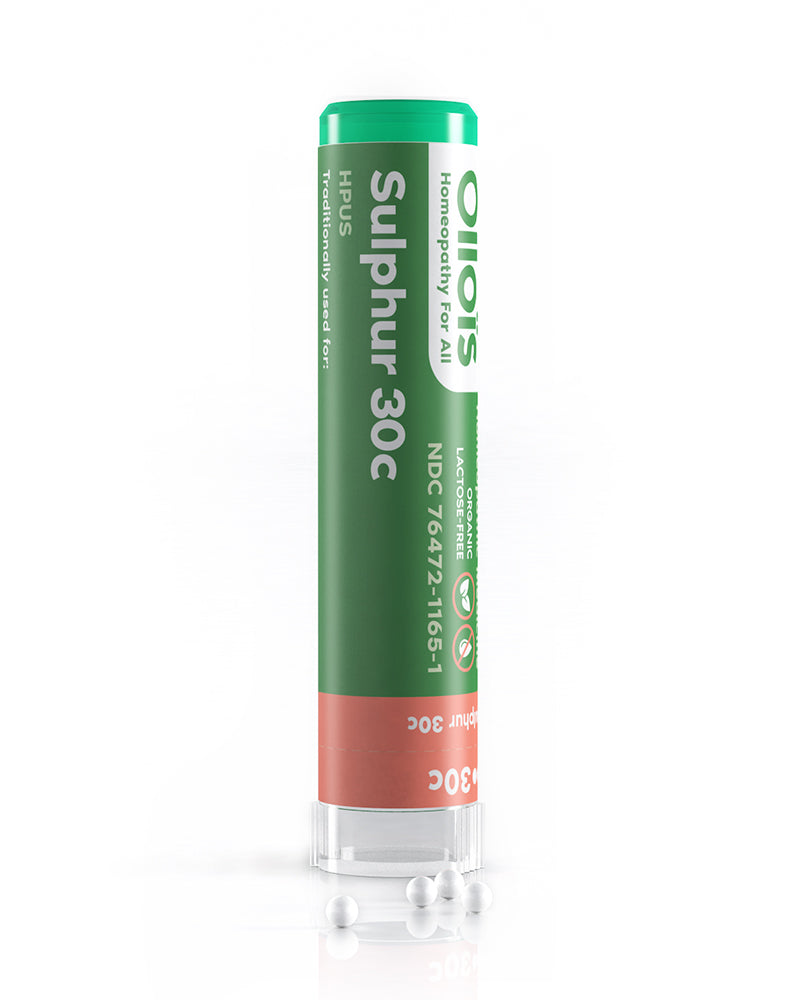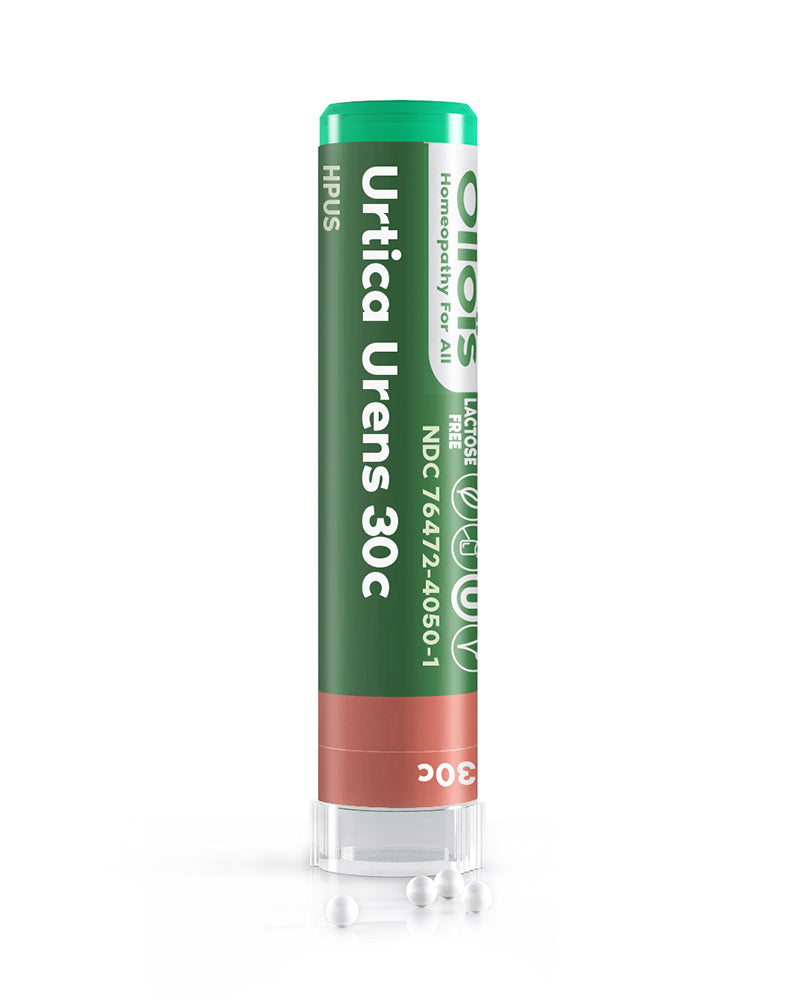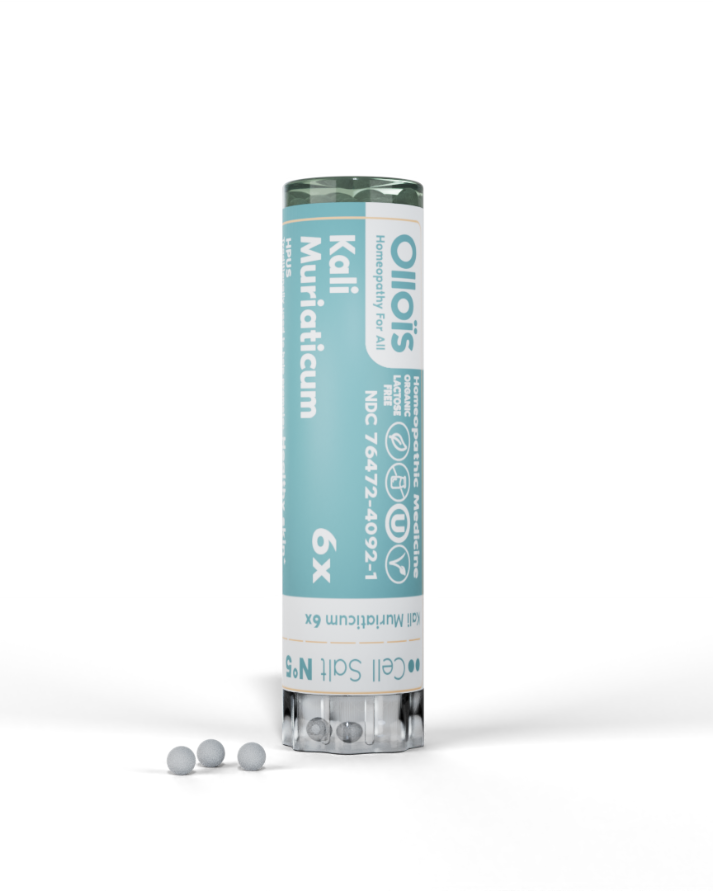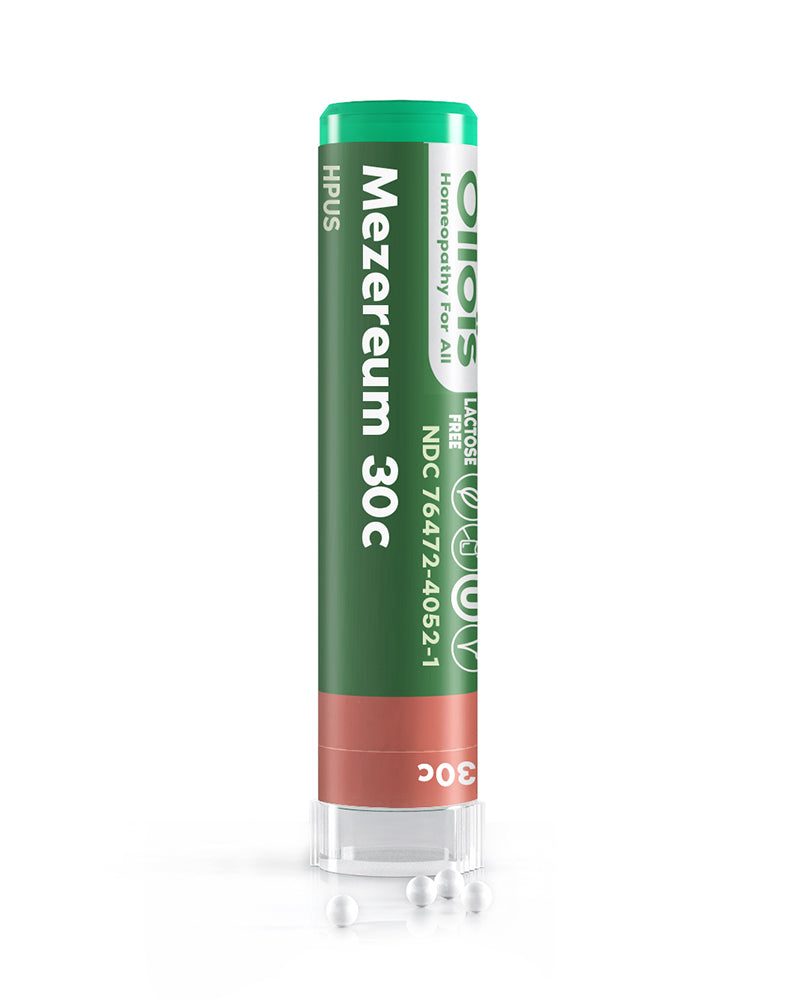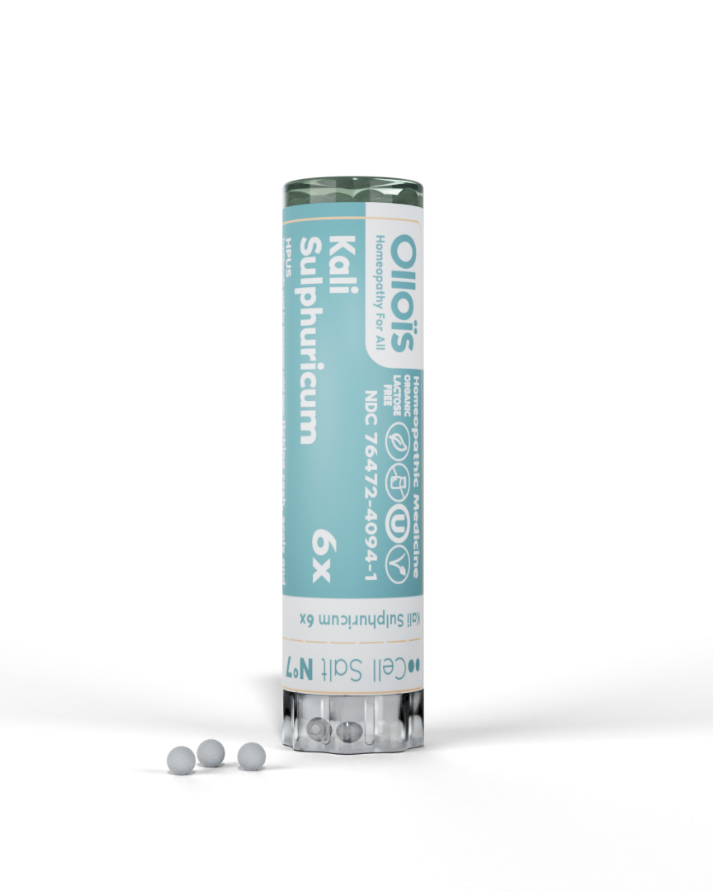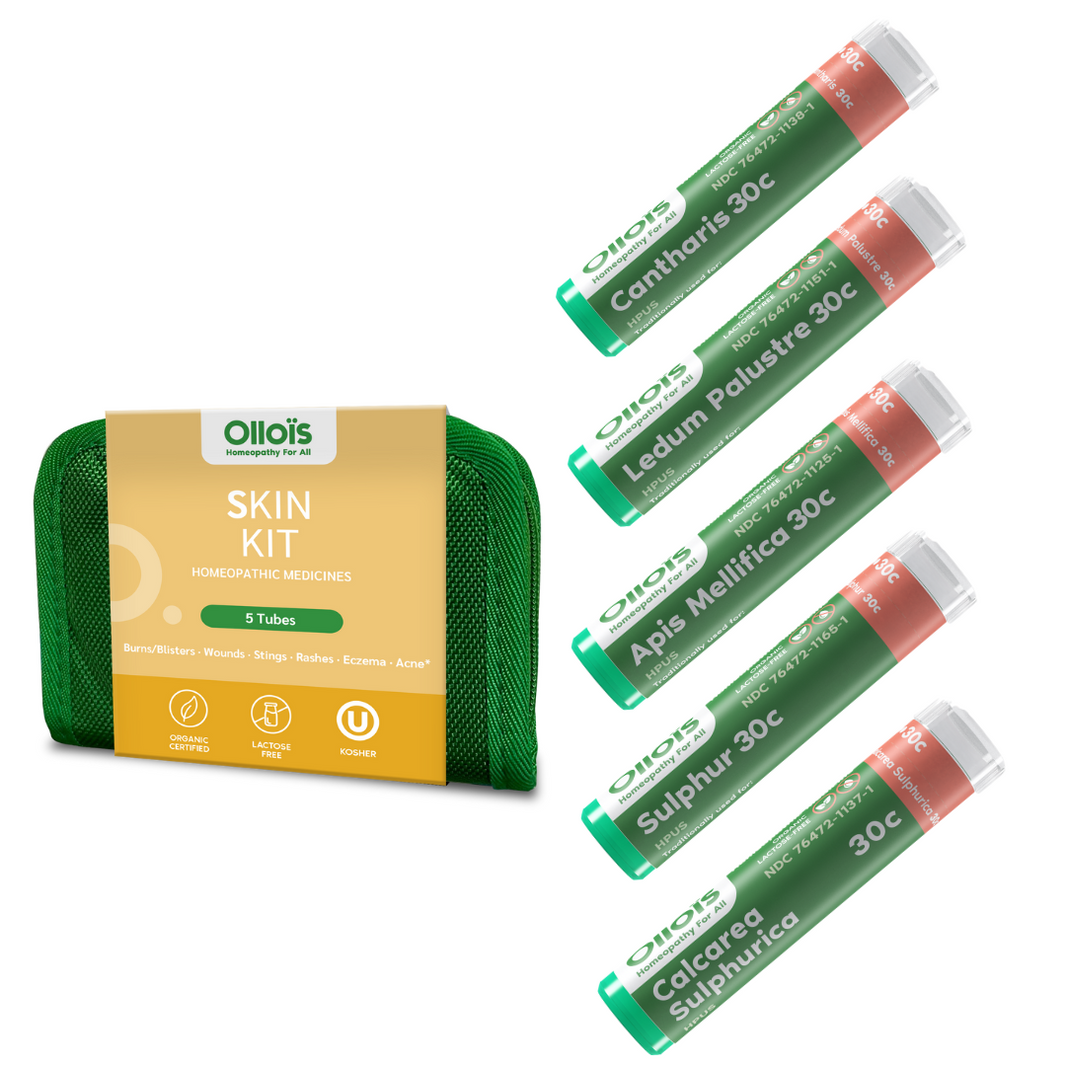Collection: Skin Rashes & Itching
Sulphur
Cell Salts Kit
Urtica Urens
Cell Salt N°5 Kali Muriaticum
Mezereum
Cell Salt N°7 Kali Sulphuricum
Homeopathic Skin Kit
A skin rash can be triggered by numerous factors. Chronic conditions like eczema or psoriasis can flare up at almost any time – but they too can be triggered by situations like dryness or stress. Rashes are also a primary allergic reaction as well. The allergy could be to a food that’s been eaten, a fabric that’s been worn, or a plant that you’ve rubbed up against while on a hike. Similarly, reactions to medications can also cause skin rashes. Babies are also susceptible to diaper rash due to moisture irritation.
People dealing with rashes will often report being self-conscious of their appearance; especially if the rash is in a highly visible area. Especially with children and teens, prolonged rashes can be a detriment to their confidence. For those with more severe rashes, where sores may be open, certain public settings such as gyms or pools may not be an option for personal and health reasons.
Most rashes come with some amount of itchiness. Depending on the condition, this varies from very slight to intense. Some eczema sufferers can create further complications, such as infections, by scratching their itchy rashes. And the discomfort associated with even mild itchiness can be a major distraction and annoyance during daytime hours and an insomnia-inducing ordeal during the night.
Natural homeopathic medicines for skin rashes and itching are available and can be effective. This 100%-natural homeopathic treatment from Olloïs can also help calm the flare up of a rash and its itchiness.
Discover more of Olloïs’ all-natural treatments for skin conditions like rashes by browsing the products page.
FAQ
What is Homeopathy?
Homeopathy is a medical practice based upon the body's ability to heal itself, and the principle that "like cures like" or the Law of Similars: that is, if a natural substance causes a symptom in a healthy person, a very small amount of the same substance may help relieve symptoms of the illness. Homeopathic medicines enhance the body's normal healing and self-regulatory process.
How do I take homeopathic medicines?
Homeopathic medicated pellets contain only a little of an active ingredient for treatment of disease. These are known as highly diluted or "potentiated" substances. Homeopathic medicines should be placed under the tongue of adults and children or in the cheek of an infant, where they will dissolve. It is preferable to take homeopathic medicines apart from meals. The dosage is not related to the weight and age of the patient. In general, dissolve 5 pellets 3 times a day until symptoms are relieved or as directed by your health Care Professional.
Is there evidence that Homeopathy works?
There are literally hundreds of high quality, published basic sciences, pre-clinical and clinical studies showing that homeopathy works. These studies have been published in respected journals like Lancet, Pediatrics, Rheumatology, and Annals of Internal Medicine, among others.
A great source of high quality research in homeopathy at an
international level is the Homeopathic Research Institute in the U.K. headed by physicist, Dr Alexander Tournier. Click below to learn more about their studies and rigorous methods.
Is Homeopathy regulated?
The U.S. Congress passed a law in 1938 declaring that homeopathic remedies are to be regulated by the U.S. Food and Drug Administration (FDA) in the same manner as nonprescription, over the counter (OTC) drugs.
Is Homeopathy new?
The Law of Similars has been known since at least the time of Hippocrates (ca. 400 B.C.), but it was doctor and chemist Samuel Hahnemann who fully stated the ideas of homeopathy in the early 1800's in Germany. He discovered the truth of the Law of Similars by testing small doses of medicine on himself. Although there is wider acceptance of homeopathy in countries such as France, Germany, Mexico, Argentina, India and Great Britain, we have seen a greater interest in homeopathic medicine in the USA recently. In fact, the family doctor to England's Queen Elizabeth is a homeopathic physician.
What is the difference between the dilutions?
30C dilutions are traditionally used in Homeopathy to address general and chronic symptoms.
200CK dilutions are usually recommended by healthcare practitioners when there is an emotional component associated with physical symptoms.
Which base ingredient do you use for your pellets?
Our pellets are made from Organic Beet Sucrose exclusively grown in Europe. We then impregnate the pellets with the homeopathic dilution of the remedy.
How to open our tubes?
Are Olloïs remedies HAS/FSA eligible?
Yes, Olloïs homeopathic remedies are eligible.
 Respiratory
Respiratory
 Stress & Sleep
Stress & Sleep
